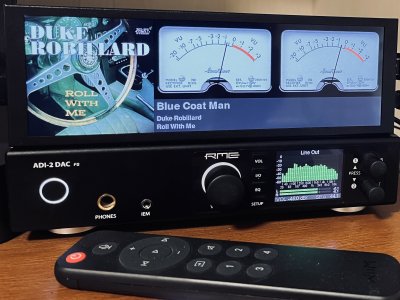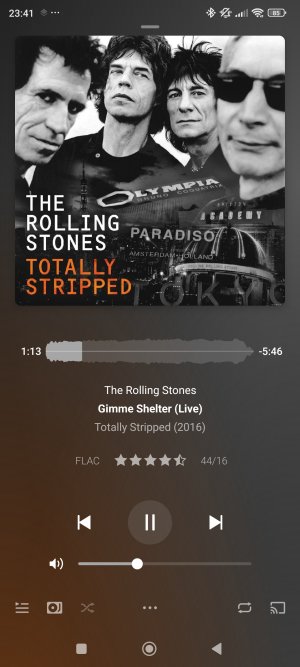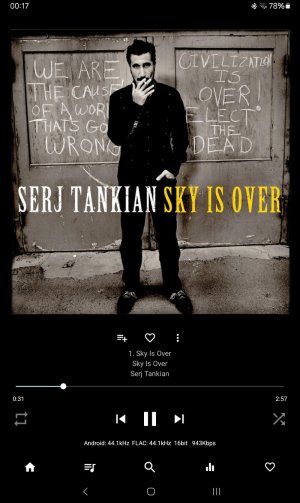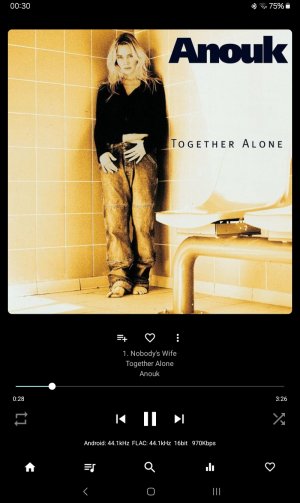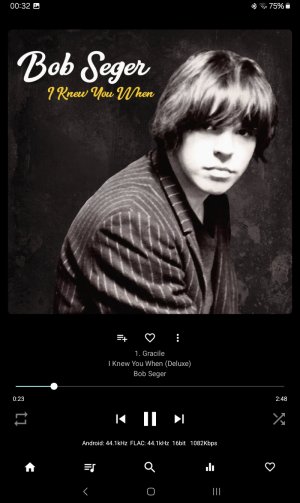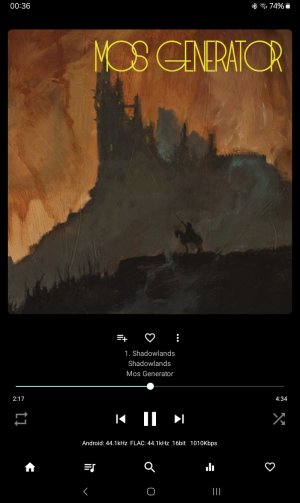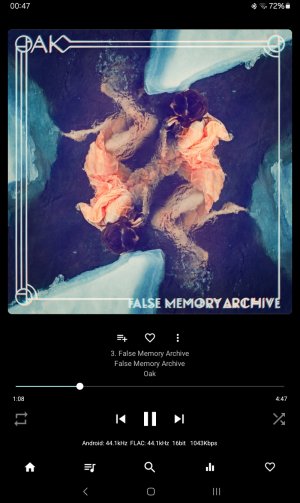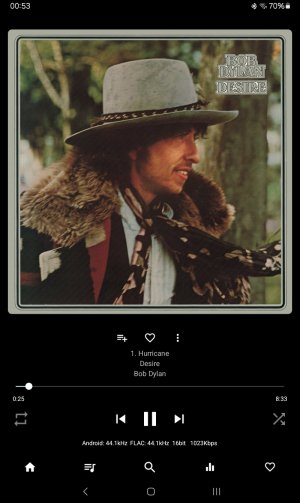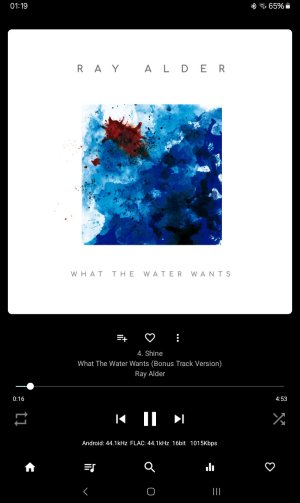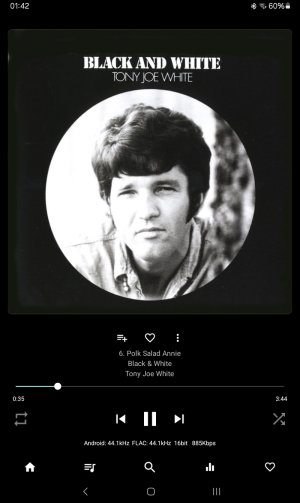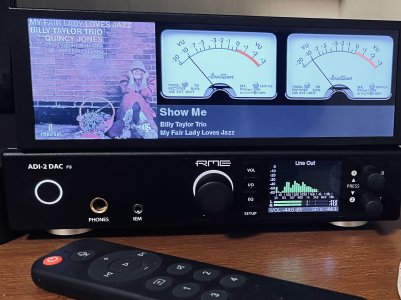I subscribed to the recent DeAgostini Dylan collection on Vinyl. I have the full set. Not opened or played one yet.
You are using an out of date browser. It may not display this or other websites correctly.
You should upgrade or use an alternative browser.
You should upgrade or use an alternative browser.
What are you listening to?
- Thread starter d6jg
- Start date
castalla
Major Contributor
Neat meters!
cc_rider
Major Contributor
- Joined
- Oct 20, 2022
- Messages
- 1,716
Thanks. Not as accurate as those on the RME, and certainly not the correct VU damping, but the needles do look cool dancing, and a nice topper for the RME.Neat meters!
D
Deleted member 404
Guest
D
Deleted member 404
Guest
D
Deleted member 404
Guest
D
Deleted member 404
Guest
D
Deleted member 404
Guest
D
Deleted member 404
Guest
D
Deleted member 404
Guest
D
Deleted member 404
Guest
D
Deleted member 404
Guest
D
Deleted member 404
Guest
D
Deleted member 404
Guest
D
Deleted member 404
Guest
castalla
Major Contributor
wiimamp user
Major Contributor
- Joined
- Jan 12, 2024
- Messages
- 1,796
What does it mean when a band releases a tour spit ep?.
Is this live music?
Is this live music?

